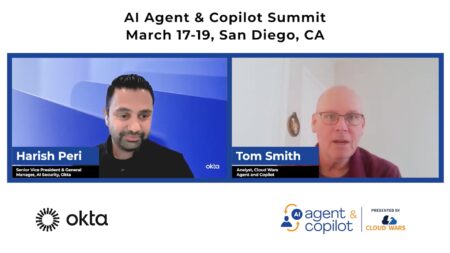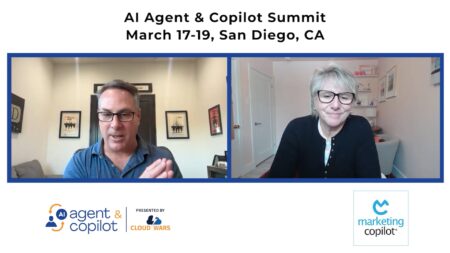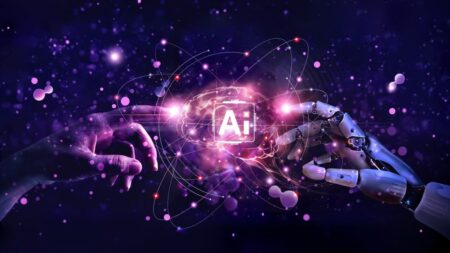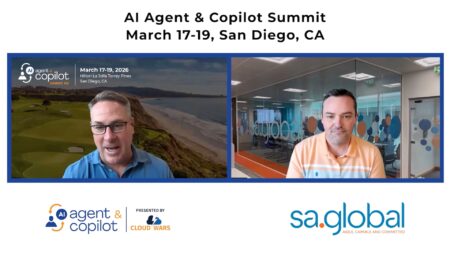AI tools like ChatGPT and Copilot are making SEO obsolete. Microsoft’s guide introduces AEO and GEO as the next evolution in digital discovery, built on clarity, trust, and machine-readable content.
ai
Microsoft research finds more than 80% of security leaders say they’ll use GenAI in data security, and they’re building a series of agentic AI use cases to protect against rogue AI risks.
With AI agents multiplying rapidly, Salesforce positions MuleSoft Agent Fabric as a critical defense against shadow AI and wasted investment.
With a 48% Q4 surge, Google Cloud has overtaken Microsoft Cloud in incremental growth, demonstrating strong AI leadership via innovations like Gemini 3 and a future-ready cloud stack.
Cross App Access, being added as a core part of the MCP specification, allows centralized management of user entitlements, closing a gap that currently exists with some MCP servers.
Google Cloud’s Q4 surge confirms its rise to #1 in Cloud Wars, outpacing Microsoft in growth, momentum, and future-focused AI strategy.
Q4 results show Palantir achieving 73% revenue growth without expanding its sales force, thanks to an outcome-based pricing model few rivals can match.
Paul Swider of RealActivity said demos highlighting Microsoft’s work with NVIDIA gave important insight into AI agent and product development opportunities.
Palantir stuns the market with 70% Q4 growth and accelerating momentum, signaling a powerful new model for the AI-driven enterprise economy.
SAP outperformed competitors like Oracle and Salesforce, growing its cloud business by 200% more than some rivals.
Financial services, government, and education firms all made major Copilot investments, while the Dragon Copilot for healthcare continues to streamline doctor-patient interactions.
Marie Wiese notes her excitement around the 2026 AI Agent & Copilot Summit, which will highlight the real-world impacts, human, and change management side of AI.
Search and context input are among AI-powered features being applied to make data security investigations scalable and efficient across corporate data estates.
TMC and TMG join forces to expand ERP and cloud capabilities, supporting customers with modern data, automation, and AI solutions.
The global AI infrastructure build-out is accelerating innovation, jobs, and investment — but its long-term success hinges on how leaders tackle sustainability, energy, and environmental impact.
elevaite365’s AI-powered testing platform reduces time, cost, and risk in Dynamics 365 implementations and upgrades, freeing business users to focus on outcomes.
According to Workday’s AI study, only 14% of companies consistently get clear results from AI. Investing in people, not just tech, is what truly drives long-term value and productivity.
Siefert and Dorward reflect on the industry’s transition from AI curiosity to production, with organizations actively deploying agents, copilots, and data strategies that drive measurable business impact.
elevaite365 Test Automation introduces adaptive, self-repairing test automation that evolves with Microsoft updates.
Microsoft’s Dewain Robinson shares expectations for the 2026 AI Agent & Copilot Summit and notes how AI has moved from its place in the hype cycle to providing actual business value.





















